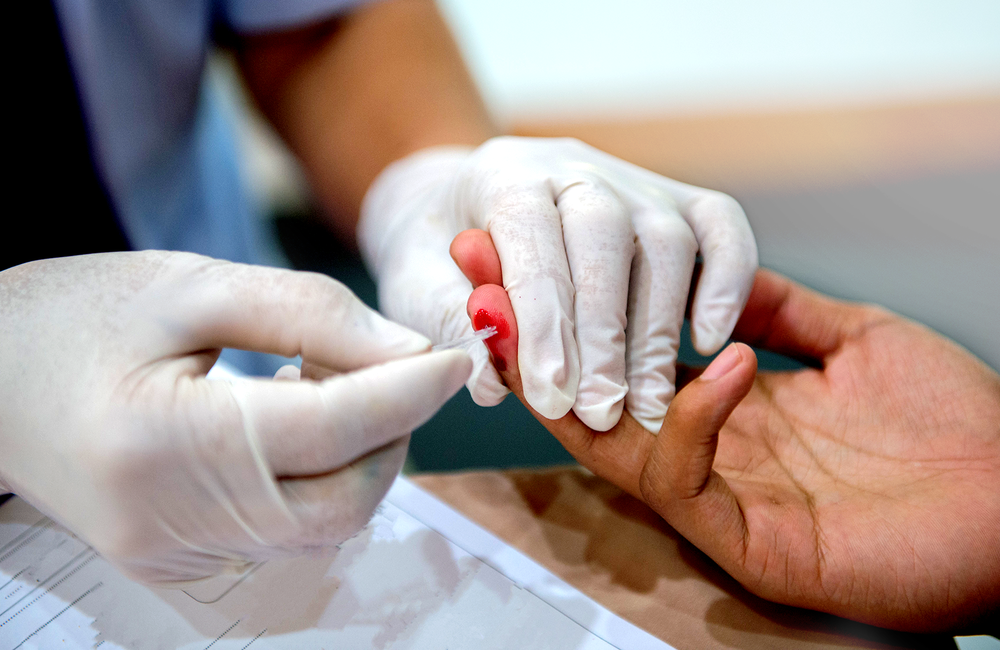UNAids Exit Delivers Another Heavy Blow to Malawi’s HIV Fight
Malawi’s fight against HIV and Aids has suffered a major setback following the announcement that the Joint United Nations Programme on HIV and Aids (UNAids) will shut down its full presence in the country and relocate operations to Zimbabwe.

The move, which comes after nearly three decades of UNAids support in Malawi, has been described by stakeholders as one of the most damaging developments to the nation’s public health system in recent years. They warn it will have far-reaching consequences for HIV service delivery, community resilience, and the protection of human rights.
In a formal communication to the Malawi Government, UNAids Executive Director Winnie Byanyima said the decision is part of a wider transformation under UN Secretary-General António Guterres’ UN80 reform agenda. Byanyima explained that while a minimal secretariat will remain in Lilongwe, the bulk of technical and strategic leadership will now be provided from Zimbabwe.
“We will work closely with all stakeholders to ensure a smooth transition,” Byanyima wrote, adding that Malawi will rely on expertise from the Zimbabwe multi-country office, the regional support team, and the global UNAids network.
But local actors fear that the symbolic and practical loss of UNAids’ country office weakens Malawi’s position at a critical time when the fight against HIV requires intensified efforts.
Civil Society Advocacy Forum (Csaf) chairperson Gift Trapence described the decision as “a devastating blow,” noting that UNAids has been central to Malawi’s progress toward the global 95-95-95 targets and the 2030 ambition of ending HIV as a public health threat.
“For almost 30 years, UNAids has been at the heart of Malawi’s HIV response, ensuring not only resources and technical expertise but also strong advocacy on human rights. Pulling back at this point risks undoing the fragile progress we have made,” said Trapence.
The withdrawal comes against a backdrop of Malawi’s already strained health system, which is battling frequent drug shortages, limited funding, and a growing burden of new infections among key populations.
Although the Ministry of Health insists that government is increasing domestic financing for HIV programmes, experts say UNAids’ absence leaves a dangerous gap in leadership, coordination, and global advocacy that Malawi alone may struggle to fill.
Observers argue that the decision also exposes the country’s vulnerability to international shifts, as foreign agencies scale down direct country presence and demand greater domestic commitment.
With HIV prevalence still among the highest in Southern Africa, UNAids’ exit represents not just an institutional reshuffle but a serious setback in Malawi’s long battle against one of its deadliest epidemics.
Follow and Subscribe Nyasa TV :
